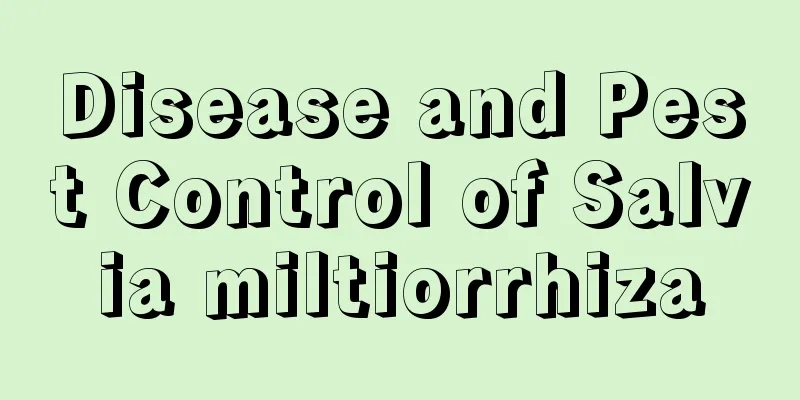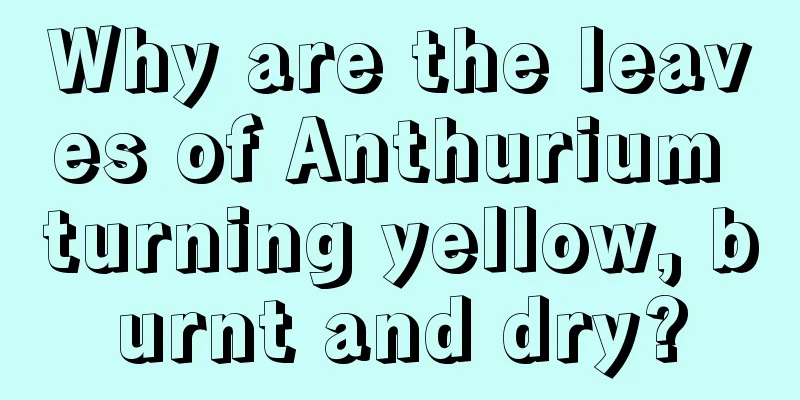Disease and Pest Control of Salvia miltiorrhiza

DiseasesThe main disease this plant faces is root rot. The symptom of this condition is generally gradual withering. This is what we can see, but the original source of the disease is invisible to us. That is, the roots underground slowly rot, which leads to the withering of the upper part. Disease prevention and control measuresThe main reason for this situation is too much rain. There are preventive measures. If conditions permit, you can choose a higher location for farming. It would be better if the terrain is slightly drier. We have no way to control the factor of rainfall, so let’s not talk about that for now. However, when continuous rainy days come, we must pay attention to timely drainage. If this has already happened, governance is needed. At this time, you can choose to spray the specific medicine needed when the disease occurs. It is recommended to use a certain dose of carbendazim for treatment. PestsaphidThere are three types of pests and diseases that this plant is most likely to encounter. The first type is the "champion" of pests and diseases, aphids. We are not unfamiliar with this. These little insects will not let go of any stems or leaves. The stems and leaves will change color after sucking the juice. Aphid control methodsOf course, the prevention and control methods for this common insect are relatively old-fashioned. In winter, the land should be cleaned and turned in time, and all the leaves from the previous year should be swept away or buried deep. Once this insect is discovered, spray it immediately with a certain dose of cypermethrin once a week until it is eliminated. Spodoptera exiguaThe name of this pest is quite beautiful. This insect basically appears in summer and autumn. The small larvae begin to eat the leaves, causing the leaves to be damaged and lose their vitality. Measures for the control of Spodoptera exiguaThis must be done in a timely manner, and we must try to discover them in the larval stage and eliminate them. It is recommended to use a certain dose of trichlorfon or phosphamidon emulsifiable concentrate for treatment. |
<<: Disease and pest control of colorful pineapple
>>: Disease and Pest Control of Black Persimmon
Recommend
How to breed red tetra?
The red tetra is a small tropical fish , loved by...
These flowers are magical. The more you forget to water them, the more they bloom!
1Sunflower The sunflower is also called the immor...
When does the crabapple tree bloom?
Flowering period The flowering period of the crab...
Causes and treatments of yellow leaves of calceolaria
1. Excessive watering 1.Reason: Calceolaria likes...
How to sow peach blossoms?
1. Sowing time Peach blossom sowing is usually ca...
How to breed old people's hair to make it grow fast
Elderly people need growth conditions Elderflower...
Common diseases of Teyulian and their control methods
Common diseases of Teyulian: rust The rust diseas...
Difference between Iceberry and Moonshadow
1. Difference of blades The leaves of iceberry ar...
Cultivation methods and precautions of fairy finger
Farming methods temperature The suitable growth t...
How often should I water the cactus?
After transplantation It is not recommended to wa...
Cultivation methods and precautions of nestweed
1. Maintenance methods 1. Temperature: Nestia is ...
The correct method of sowing and raising cabbage seedlings
Cabbage is a widely grown vegetable . It not only...
What is the flower of the king?
What is the flower of the king? The queen flower ...
What is the best way to grow prune seedlings?
Prune is an introduced variety of plum. It is kno...
How to prune potted mint
When to prune potted mint It is more appropriate ...









